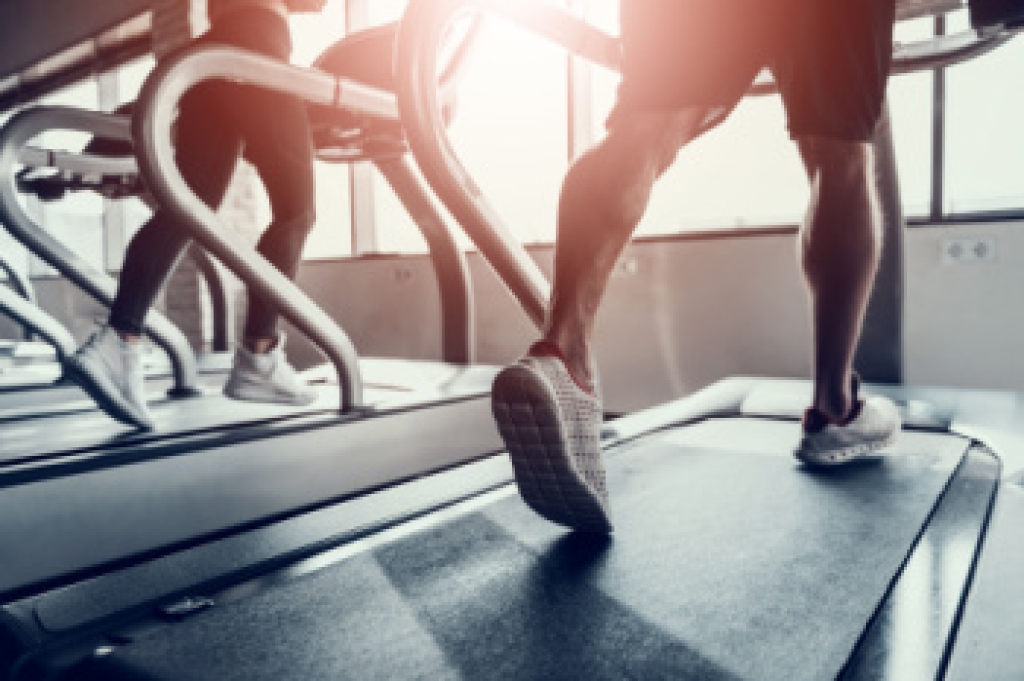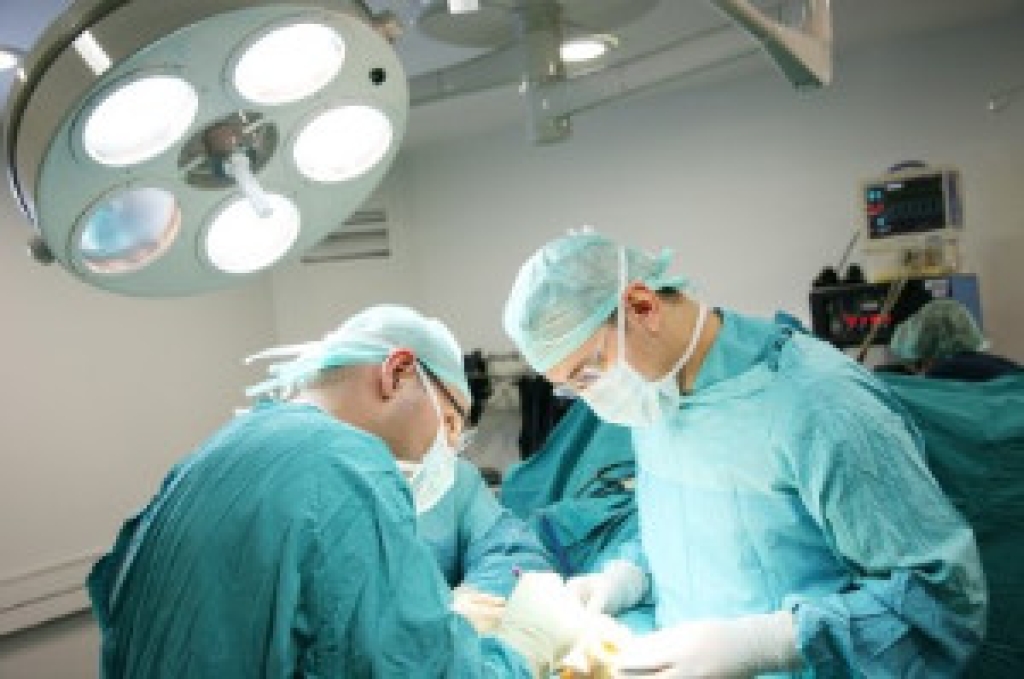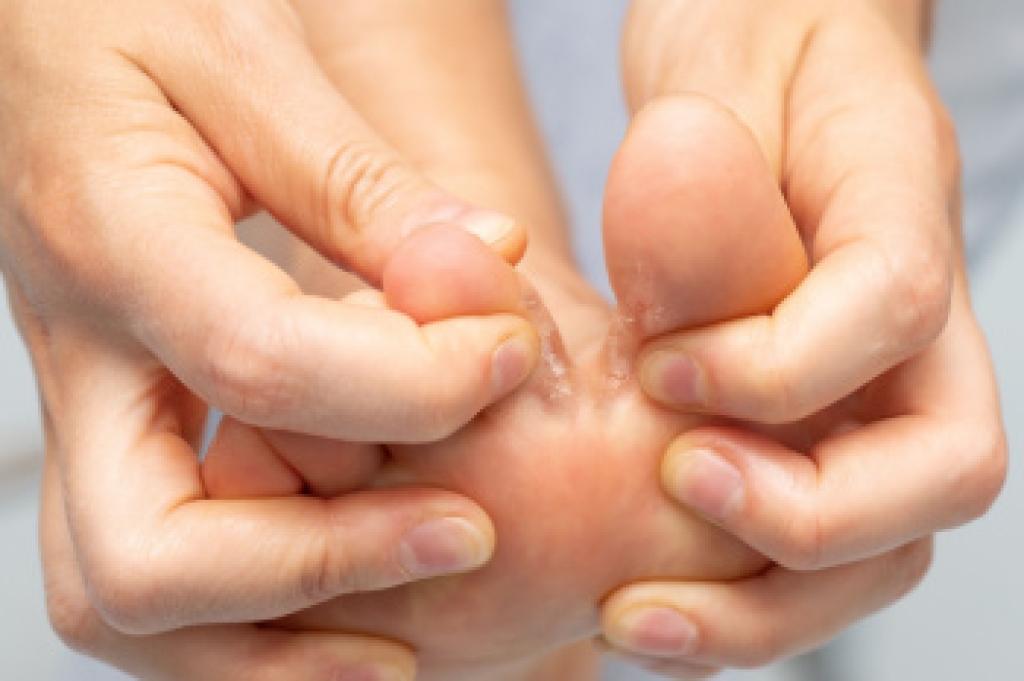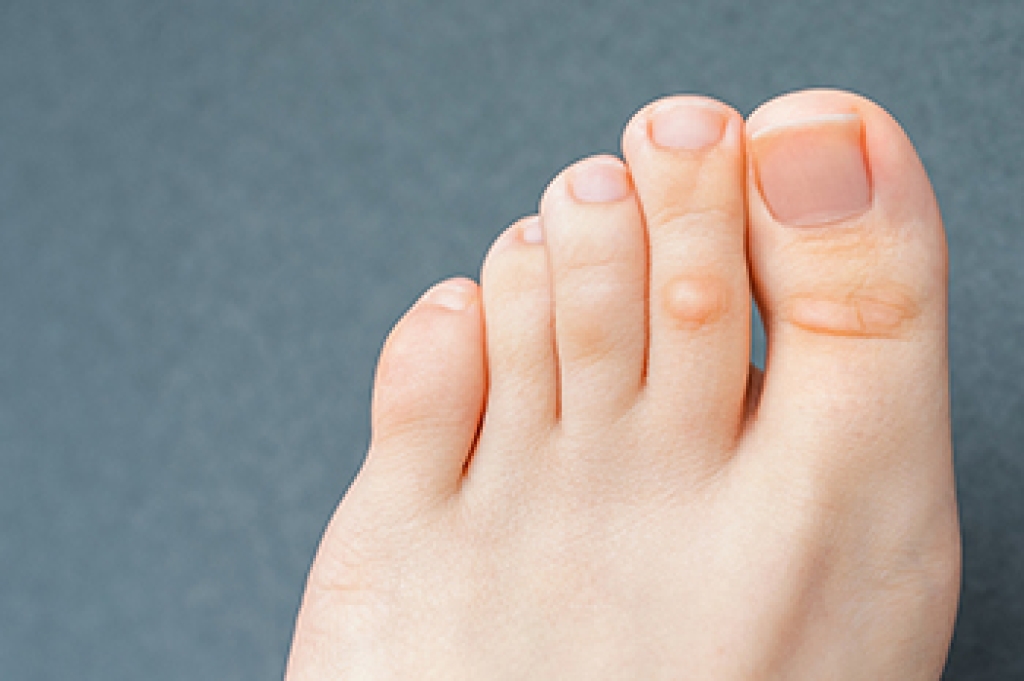
Foot injuries are a common occurrence in fitness facilities, often the result of crush injuries from free weights, falls, or awkward landings during exercise classes. These injuries can range from minor sprains to more severe fractures, impacting one's ability to maintain an active lifestyle. Prevention techniques play a critical role in reducing the risk of foot injuries. Properly warming up and stretching before exercise sessions can enhance flexibility and prevent strains. Wearing appropriate footwear with adequate support and cushioning is essential to absorb shock and protect the feet from impact. Additionally, maintaining good form and technique during exercises can help minimize the risk of falls and accidents. If you have sustained a foot injury while working out at a fitness center, it is suggested that you schedule an appointment with a podiatrist for an evaluation and treatment. This will help with a speedy recovery and encourage you to return safely to your fitness routine.
Ankle and foot injuries are common among athletes and in many sports. They can be caused by several problems and may be potentially serious. If you are feeling pain or think you were injured in a sporting event or when exercising, consult with one of our podiatrists from PA Foot & Ankle Associates. Our doctors will assess your condition and provide you with quality foot and ankle treatment.
Common Injuries
The most common injuries that occur in sporting activities include:
- Achilles Tendonitis
- Achilles Tendon Rupture
- Ankle Sprains
- Broken Foot
- Plantar Fasciitis
- Stress Fractures
- Turf Toe
Symptoms
Symptoms vary depending upon the injury and in some cases, there may be no symptoms at all. However, in most cases, some form of symptom is experienced. Pain, aching, burning, bruising, tenderness, tightness or stiffness, sensation loss, difficulty moving, and swelling are the most common symptoms.
Treatment
Just as symptoms vary depending upon the injury, so do treatment options. A common treatment method is known as the RICE method. This method involves rest, applying ice, compression and elevating the afflicted foot or ankle. If the injury appears to be more serious, surgery might be required, such as arthroscopic or reconstructive surgery. Lastly, rehabilitation or therapy might be needed to gain full functionality in the afflicted area. Any discomfort experienced by an athlete must be evaluated by a licensed, reputable medical professional.
If you have any questions please contact one of our offices located in Allentown, Easton, Northampton, and Chew Street in Allentown, PA . We offer the newest diagnostic and treatment technologies for all your foot and ankle needs.


 Athlete's foot
Athlete's foot
